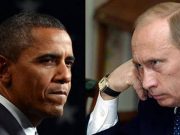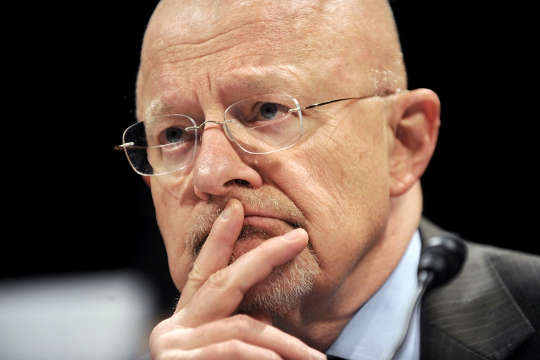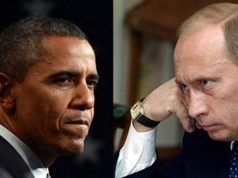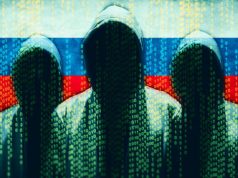The top U.S. intelligence official said he was skeptical that a new U.S.-China cyber agreement would slow a growing torrent of cyber attacks on U.S. computer networks, adding that his approach will be to “trust but verify.”
Director of National Intelligence James Clapper told the Senate Armed Services Committee on Tuesday that the agreement did not include specific penalties for violations but that the U.S. government could use economic sanctions and other tools to respond if needed.
Clapper and other officials said they viewed last week’s cyber agreement between China and the United States on curbing economic cyber espionage as a “good first step” but noted it was not clear how effective the pact would be.
President Barack Obama said on Friday that he had reached a “common understanding” with China’s President Xi Jinping that neither government would knowingly support cyber theft of corporate secrets or business information.
Asked if he was optimistic the agreement would eliminate Chinese cyber attacks, Clapper said simply: “No.”
Clapper said he was skeptical because Chinese cyber espionage aimed at extracting U.S. intellectual property was so pervasive, and there were questions about the extent to which it was orchestrated by the Chinese government.
Clapper and other top U.S. military officials said cyber threats were increasing in frequency, scale, sophistication and severity, and the United States needed the same kind of deterrent capability in cyberspace that it maintains for nuclear weapons.
Clapper said the current environment was like “the Wild West” and the world needed to deal with the evolving threats.
































